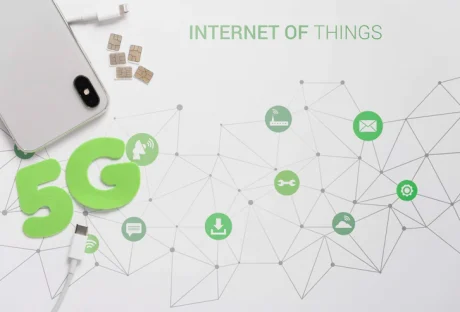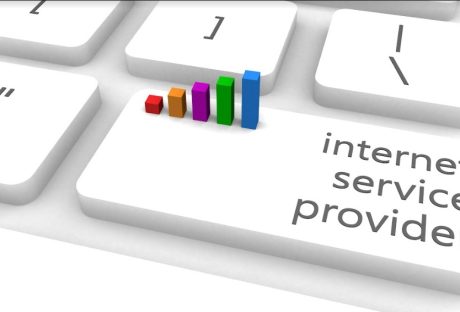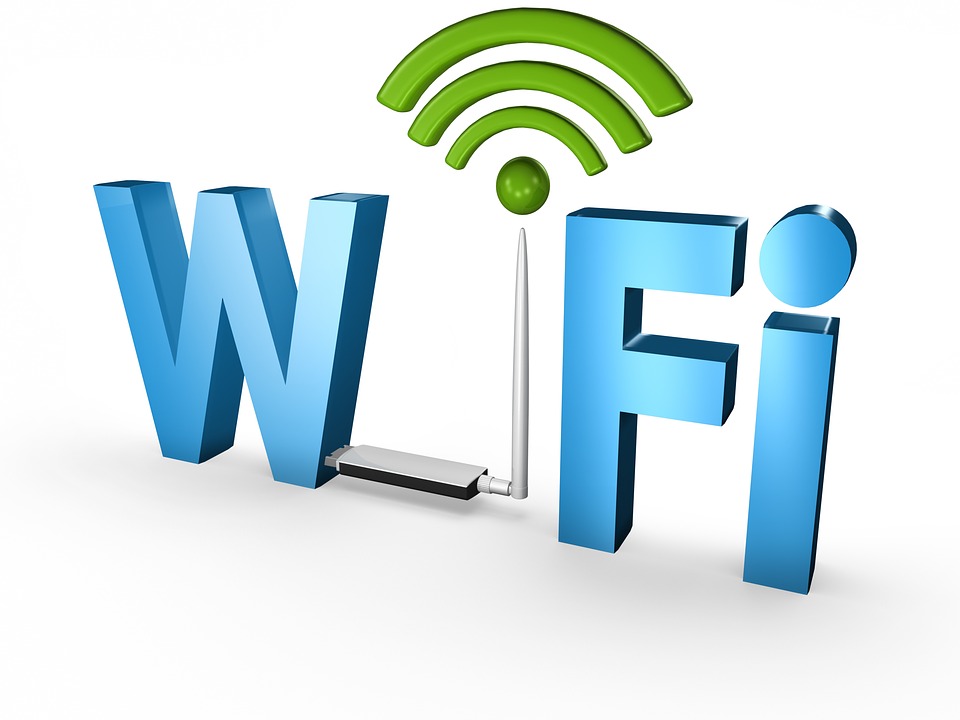It’s a question asked time and time again: will the internet become a commodity? The answer could be yes or no. Access to the internet is essential in today’s society, and it’s something that we take for granted, so the future regulation of the internet is of interest to all people.
What Is a Commodity?
A commodity in commerce is a good that is interchangeable with other goods of the same type. Examples of commodities are grains, metals, and oil. The internet has become a commodity in some ways, but it is also different.
The commoditization of the internet is due to its widespread use and accessibility. It is now a service available anywhere and anytime, making it a valuable asset to businesses and individuals.
This process has allowed businesses to reduce costs by using the internet to communicate efficiently with customers and suppliers while also increasing their efficiency in marketing and advertising software, for example.
What Is a Utility?

A utility is an essential service provided by public or private organizations. Utilities are usually regulated and include services such as electricity and water.
Services are evenly divided and provided to everyone, meaning the cost spreads across all service users. This division makes utilities a more affordable option for people and businesses who need access.
The internet is a utility in the sense that it is widely available and used across the world. The regulation also occurs, meaning that prices are more dependable for those who need access.
What Makes the Internet Different?
The internet’s ability to personalize is different from other commodities and utilities. The internet can change to suit individual user preferences and needs. So is internet access a utility or a commodity?
A utility approach to internet access might mean that too much regulation occurs on what is supposed to be a free and open platform. Alternatively, a lack of government regulation means internet service providers (ISPs) can charge whatever they want.
Despite this, there is still a need for regulation to ensure everyone has access to the internet. The internet needs regulation to protect innovation and competition, which is why some countries enact net neutrality laws.
What Is Bandwidth Trading?

One way to see how the internet works as a commoditized experience is through bandwidth trading. Bandwidth trading is the buying and selling of internet bandwidth, or the capacity to transmit data, between different parties.
It is a way for businesses and individuals to purchase what they need at an affordable price that meets their needs. This process allows them to have efficient and reliable internet access without worrying about exceeding their data limits.
Businesses can also sell their unused bandwidth to other companies or individuals who may need it, which can be a profitable way for businesses to generate extra income and help reduce traffic congestion on the internet.
Is Internet Access a Basic Right?
Internet access is now considered a fundamental right in many countries, which has led to the debate over whether or not it should act as a commodity. This argument centers around the idea that internet access should be available and affordable for all, regardless of income level.
A parallel dialogue revolves around the importance of internet access for SNAP recipients, underscoring the essential need for inclusivity in digital advancements.
We can argue that internet access is essential for people to access the same opportunities as others. It is a tool for communication, education, and entertainment. Without it, individuals cannot access the information or resources they need to succeed in their personal and professional lives.
Final Thoughts
The internet is a unique service many people and businesses need. Internet access should be a right and accessible to all, but it is also essential to recognize the need for regulation to protect innovation and competition.
Ultimately, it will be up to governments and other organizations to decide how to regulate the internet to determine if it becomes a true commodity.
Read Also:






















